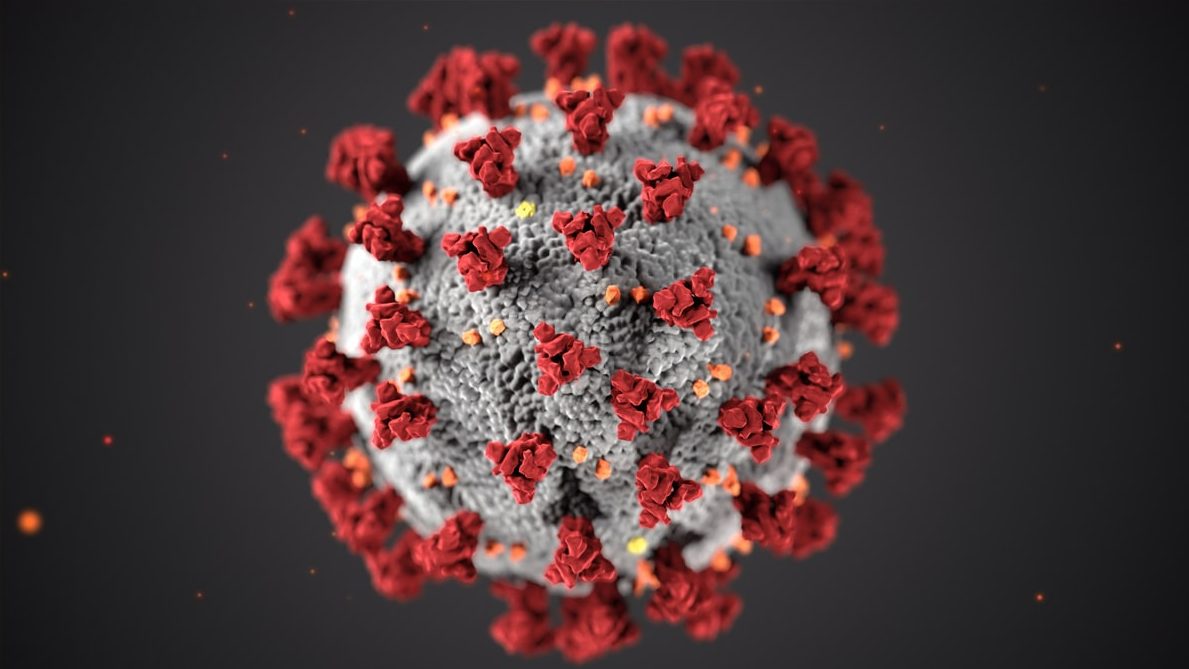Prof. Clement Adebamowo, a Professor of Epidemiology and Public Health has said that the COVID-19 pandemic outbreak may have some positive and negative impact on cancer occurrence in patients.
Adebamowo, who is also an Associate Director Marlene and Stewart Greenebaum Cancer Center at the University of Maryland, School of Medicine made the claim in an interview with the News Agency of Nigeria (NAN), on Monday in Abuja.
“Now that we have COVID-19, it is going to have some positive impact on cancer occurrence and some negative impact.
“The negative impact is that we are already seeing that patients are not coming to hospitals even in developed countries so programmes for screening cancer are not seeing as many patients as they should be seeing.
“What that means is that, later on, more people will be presenting with advanced cancer and they will have poor outcomes to treatment.
READ ALSO: Nigerian govt official indicted as UAE convicts 6 Nigerians for wiring $.7m to Boko Haram
“That is one possible impact of COVID-19 on cancer.
“COVID-19 may also cause some cancers to reducing in incidence, like cervical cancer which is associated with Human papillomavirus (HPV),” he said.
He said that HPV could be spread through personal contact, including sexual contact.
“So when you have a virus that is putting pressure on the human population to reduce personal contact, then the spread of viruses that are dependent on high levels of personal contact will reduce.
“So, what we are going to see in future is a balance between these two contending forces,” he explained.
The expert said that there was no available evidence to show if COVID-19 virus was going to be associated with any specific type of cancer or other non-communicable diseases in future.
“We have seen preliminary evidence that it is associated with some mental health issues, long-time respiratory health issues, cardiovascular diseases and neurological diseases.
“But cancer takes a long time before it occurs so whether people who have been infected by COVID-19 clear the virus, whether it remains in their system and if it would increase their risk of non-communicable diseases in the future is an open area for research,” he stressed.
He said that COVID-19 was a viral pandemic which WHO had been preparing a plan for responding to for about 20 years.
“One of the things that I have found disappointing in the current pandemic is how many countries did not implement those plans and there was a lot of confusion and denial of the science and of the public health,” he noted

